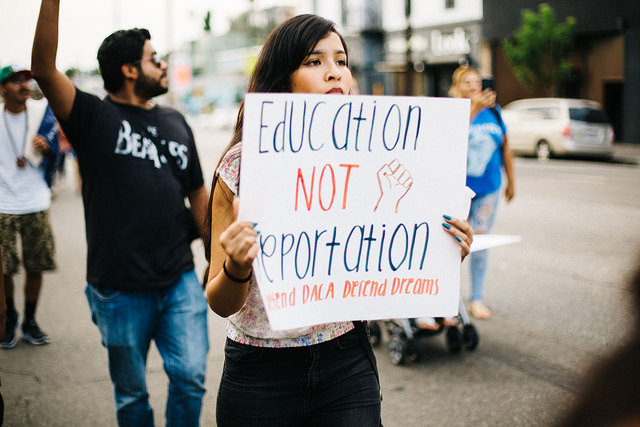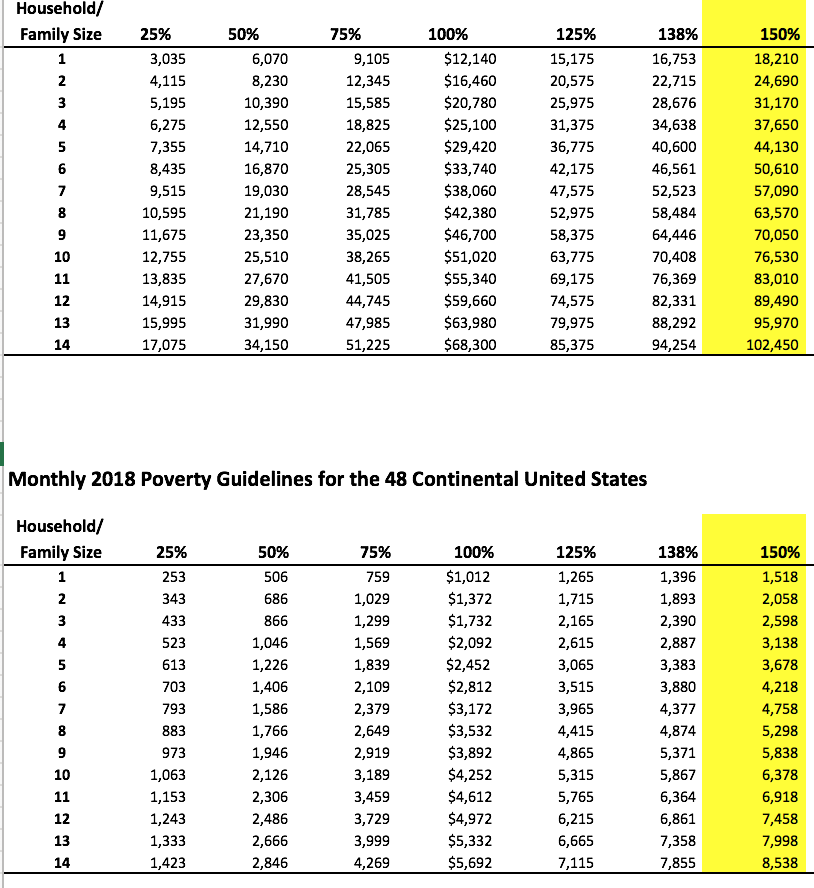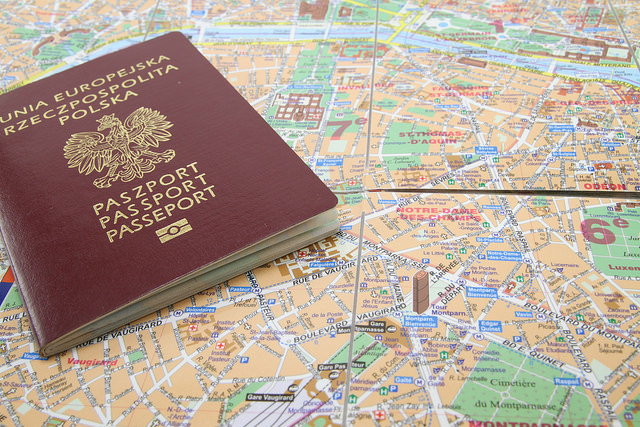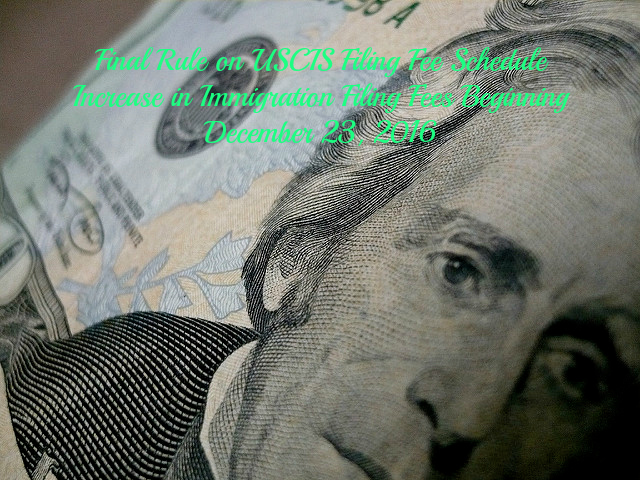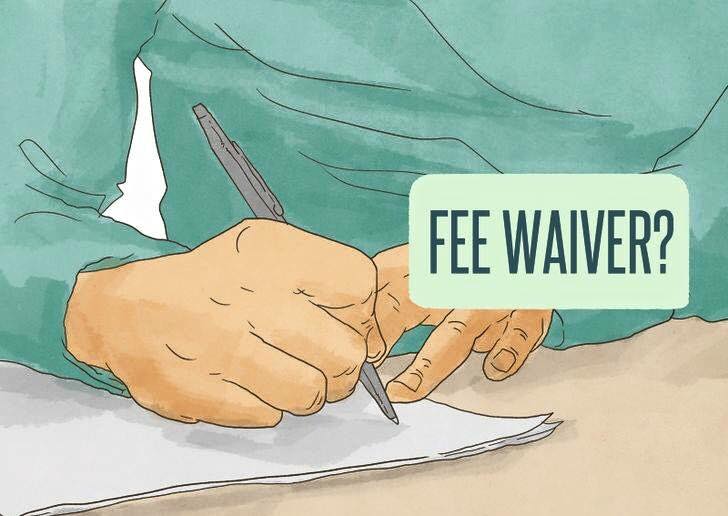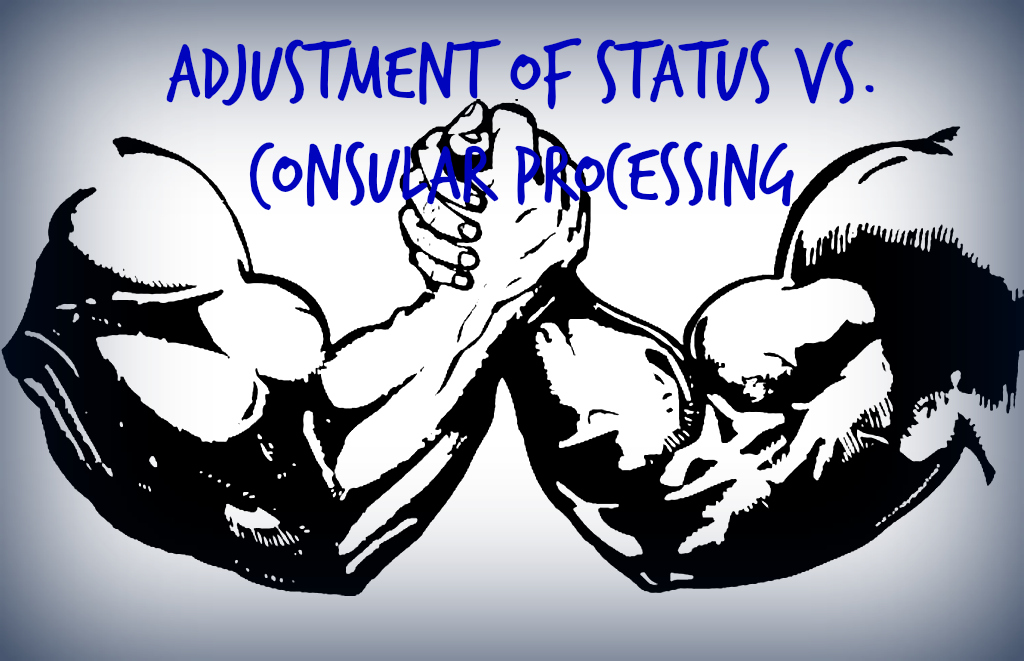
In an effort to modernize and streamline the application process, the United States Citizenship and Immigration Services (USCIS) has finally announced that it will begin to accept payment via credit card for all 41 fee-based forms. Previously, applicants were required to make filing fee payments by personal check or money order for most fee-based forms. Now applicants will be able to use their credit cards to pay their filing fees using Form G-1450 Authorization for Credit Card Transaction.Accepted credit cards include Visa, MasterCard, American Express and Discover cards. Applicants for naturalization and those renewing or replacing their Green Cards can pay via credit card using the e-file system.
Applicants filing any of the following forms with a USCIS Lockbox facility may now utilize the credit card payment option. Please remember to include Form G-1450 along with your application when filing by mail:
*Most frequently used forms appear in bold.
 Visa Lawyer Blog
Visa Lawyer Blog


